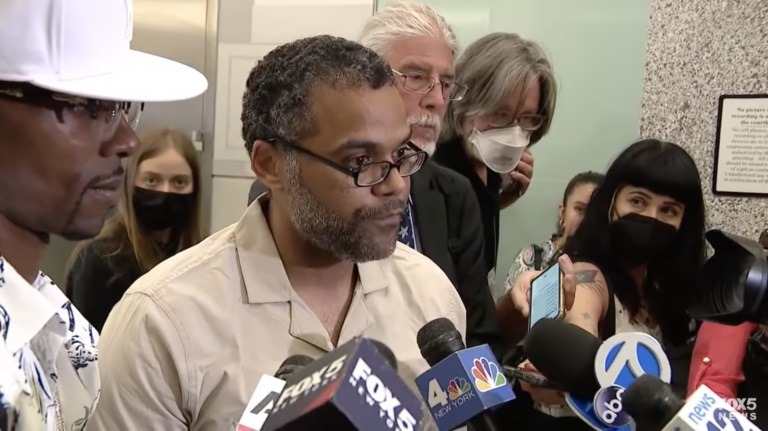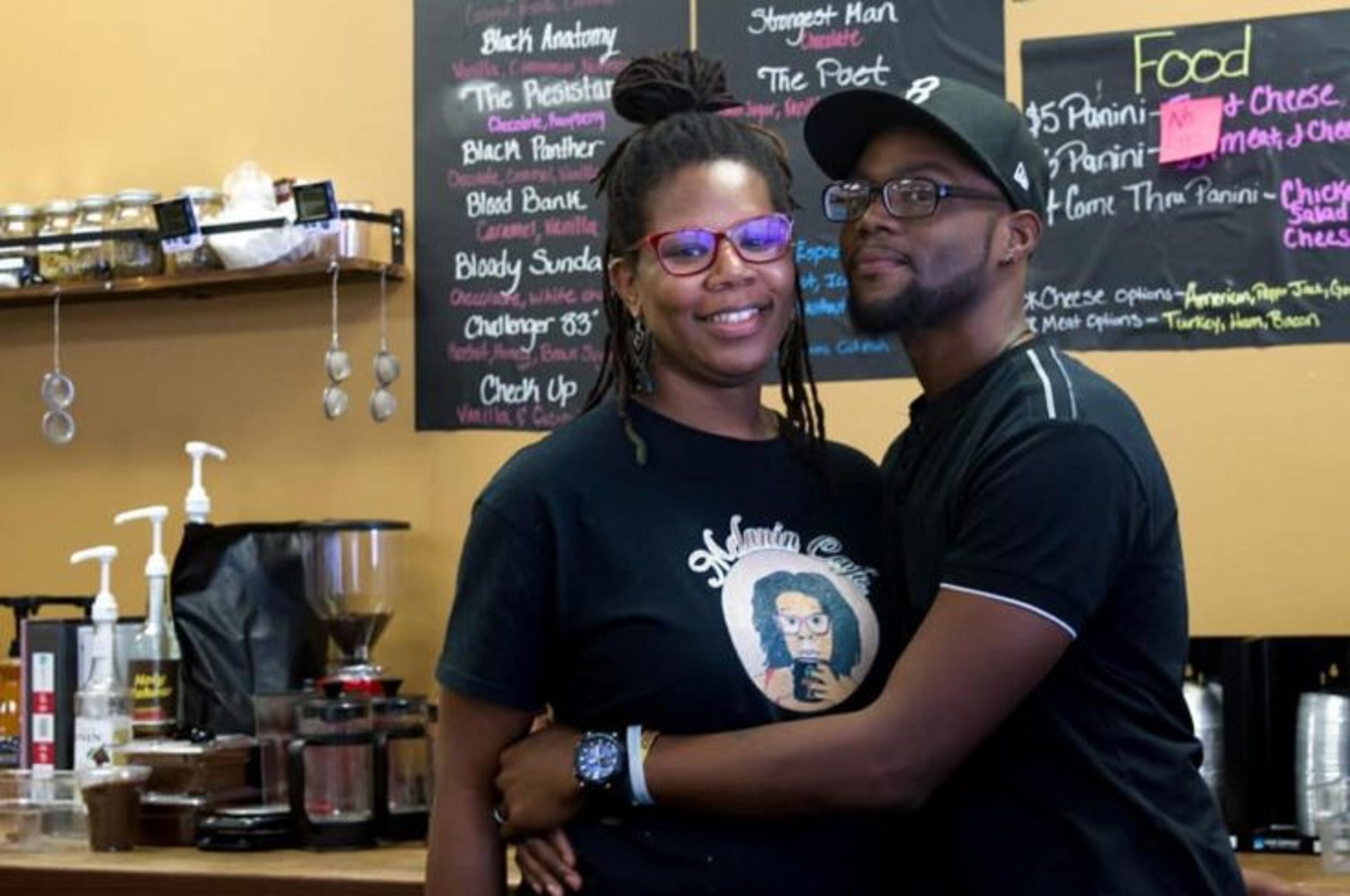Three New York men who spent more than 25 years in jail for the heinous murder of a subway token clerk had their convictions overturned recently after prosecutors discovered evidence of misconduct by the case’s primary detectives.
Thomas Malik, James Irons, and Vincent Ellerbe were 18 and 17 years old, respectively, when they admitted to attempting to rob Harry Kaufman with three other accomplices before setting fire to the booth.
On July 15, Brooklyn District Attorney Eric Gonzalez stated that the admissions contradicted the facts of the case. Nonetheless, in late 1996, a jury found the men guilty and sentenced them to 25 years to life in jail. Ellerbe was granted parole in 2020.
“The brutal murder of Harry Kaufman horrified our city and saddened a beloved family,” Gonzalez said. “However, the facts of an exhaustive, years-long reinvestigation of this case render us unable to abide by the convictions of those charged.” “Above all, my job is to do justice, and because the evidence on which these convictions are founded has severe flaws, we must proceed to vacate them and acknowledge the harm done to these men by this failure of our system.”
According to the conviction review report, when Kaufman refused to give the robbers the tokens, one of the suspects poured gasoline from a clear plastic soda bottle into the coin slot and lighted a book of matches, causing the token booth to explode. Witnesses reported seeing three individuals fleeing the scene after Kaufman was blown out of the booth. Kaufman died two weeks later in December 1995, with burns covering more than 80% of his body.
New York Police detectives later named Ellerbe, Malik, and Irons as suspects in the case. Gonzalez’s Conviction Review Unit, on the other hand, discovered that lead investigators Stephen Chmil and Louis Scarcella supplied facts of the murder to Irons during his interrogation. In court, prosecutors used the same details to validate Iron’s confession. Gonzalez’s staff also discovered that some of Irons’ confession was incorrect.
The adolescent said he was shot in the leg a year before when he was not. When a fire expert testified that the suspect poured gasoline into the coin slot, he claimed it was sprayed on the token booth door.
Ellerbe’s confession was also flawed. He claimed to have sprayed his street name on the front of the token booth with gasoline using a spray bottle. However, the review unit stated that there was no evidence that the arsonist used a spray bottle and that it would not have been enough to set fire to the booth.
“I wasn’t a walking angel.” “But, as I told the parole board and the judge at my sentencing, it wasn’t me,” Ellerbe, 44, told Brooklyn Judge Matthew D’Emic on July 15 during the hearing in which he overturned the convictions.
According to the conviction report, the witness who identified Malik as the suspect holding the bottle of gasoline had initially identified another man who happened to be in Baltimore at the time of the crime. She was also incorrect about the location of the getaway car. Nonetheless, despite her lack of credibility, detectives trusted her when she later chose Malik from a lineup. According to the Conviction Review Unit, the jury was unaware of her inconsistencies during the trial.
Malik claimed that detectives had known who committed the crime all along. According to the conviction review report, a man named Ricardo James confessed to a criminal informant about the crime. Detectives interviewed James, but their attention was drawn to the three teenagers.
“They were aware of the truth. “Whoever did it told them he did it,” Malik explained. “Because they kept it hidden, we had to go to the penitentiary.”
According to the story, a jailhouse informant who testified that Malik confessed to him in prison has subsequently been ordered by a court not to offer information to law enforcement again due to a habit of false reporting.
According to sources, Chmil and Scarcella, both retired, have been tied to 18 erroneous convictions. In court in July 2019, Chmil admitted that he and his associate used “some questionable approaches” to collect confessions but avoided confessing to illegal behavior.
The Brooklyn Conviction Review Unit was established in 2014, resulting in the reversal of 33 convictions, including Malik’s, Irons’, and Ellerbe’s. Eight further cases were related to Chmil and Scarcella.
“I had to look in the mirror for 25 years knowing I was in prison for something I had nothing to do with.” “Now people look at me and say, ‘Oh, it wasn’t so bad,'” Ellerbe added. “The penitentiary either breaks you or transforms you into a monster simply to survive, and I had to become someone I’m not just to survive.”





